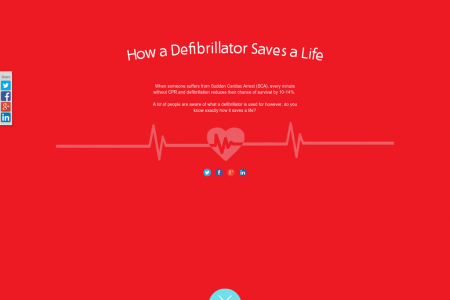
Obsessive Compulsive Disorder (OCD)
OBSESSIVE-COMPULSIVE DISORDER What is OCD? Obsessive-compulsive disorder (OCD) is characterized by recurrent and disturbing or intrusive thoughts, called obsessions, that cause severe distress and anxiety. Individuals try to neutralize these obsessions with repetitive behaviors or rituals called compulsions. Most individuals with OCD are aware that their thoughts and behaviors are senseless but give into them due to the intensity of the discomfort they cause. Did You Know? TITTT About 5 million Americans may suffer from OCD at some point during their lifetime. OCD affects about 1 in 100 children. OCD affects men and women equally. About 75% of patients with OCD report suffering symptoms of depression. Causes and Risk Factors of OCD The exact cause of OCD is unknown. Scientists believe it may be due to a combination of neurobiological, environmental, genetic, and psychological factors. An imbalance of serotonin is also thought to play a major role. The co-occurrence of other conditions such as depression, ADHD, and Tourette's disorder as well as family history of OCD is thought to increase the risk of an individual developing obsessive-compulsive disorder. Symptoms of OCD The onset of OCD is usually in childhood or adolescence, although individuals may not experience impairing symptoms until adulthood. Hallmarks of the disorder are categorized into common obsessions childhood adolescence adulthood and compulsions: Obsessions: • Fear of contamination from dirt, illness, or germs • Excessive need to do things correctly or perfectly • Unacceptable religious, violent, or sexual thoughts • Persistent fears of a tragic event Compulsions: • Excessive cleaning such as repetitive hand washing or use of hand sanitizer • Repeatedly checking things like the stove, locks, or homework Counting or rearranging items • Asking others for reassurance Repeating routine actions a certain number of times until it feels right TREATMENTS for OCD Diagnosing OCD typically involves a psychiatric assessment, and treatment aims to reduce the thoughts and compulsions associated with the condition. Your Common therapeutic approaches thoughts include cognitive-behavioral therapy or CBT (such as exposure and response prevention, which involves repeatedly confronting an obsession without giving into the compulsion associated with it), medication, or the combination of medication CBT Your behaviors Your emotions and therapy (which is many times indicated for moderate to severe OCD symptoms). RESEARCH on OCD Research in this area focuses on the onset, neurobiology, genetics, and treatment of OCD. Current studies seek to discover the causes of the condition and thereby develop more effective therapies to help patients and families in the future. In order to achieve this goal, investigators are working to develop a range of new interventions, including medications and cognitive techniques. For difficult cases of OCD a form of neurosurgery called Deep Brain Stimulation is being evaluated in clinical trials. © 2013 The Mount Sinai Medical Center, New York You are free to copy, distribute and transmit this content, but you must attribute the work to Mount Sinai Medical Center, New York. Mount Sinai Visit www.mountsinaiocd.org for more information.
Obsessive Compulsive Disorder (OCD)
Source
http://www.m...ic/ocdinfoCategory
HealthGet a Quote









